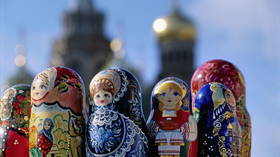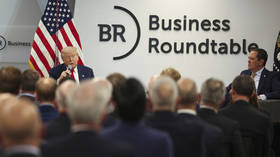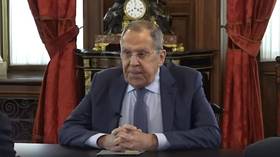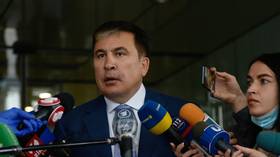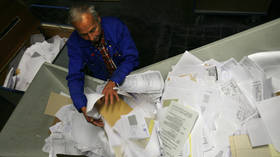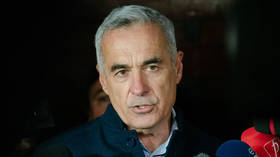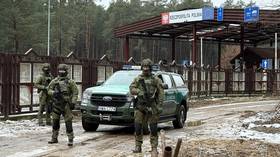German minister speaks out against boycott of Russian culture
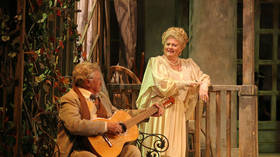
Boycotting Russian culture is “completely wrong,” German Federal Commissioner for Culture and the Media Claudia Roth said in an interview with Augsburger Allgemeine Zeitung, which was published on Saturday.
Some Western institutions have started to remove Russian-linked works of art and culture since the beginning of Moscow’s military offensive in Ukraine in late February.
In the interview, Roth cited a recent story involving a mayor in North Rhine-Westphalia who banned a youth orchestra from playing music by the famous Russian composer Pyotr Tchaikovsky. He subsequently had to make a U-turn and allow the music to be performed following public backlash. However, Roth claimed that there is still “a great deal of uncertainty” when it comes to dealing with Russian culture.
“I believe that a boycott is completely wrong, because it is often the Russian artists who try to maintain the last freedoms,” the minister said.
She added that Russian classic culture, be it music or literature, should not be boycotted either.
“I’m not going to let Putin take Chekhov from me!” she said.
Debates about how to deal with Russian culture amid Moscow’s “special military operation” are ongoing in many Western countries with some German politicians among the most outspoken critics of culture bans.
Sergey Loznitsa, a prominent Ukrainian director and screenwriter of Belarusian origin, said in his acceptance speech at the Cannes Film Festival that all cultural figures had suddenly found themselves “on the front line.” He spoke out against ‘canceling’ Russian culture, claiming that “there is no logic or sense” to respond to the “barbarism” by “demanding the destruction or abolition of what has always opposed barbarism.”
The Cardiff Philharmonic Orchestra in Wales removed Pyotr Tchaikovsky’s famous 1812 Overture, which celebrates Russia’s successful defense against Napoleon, from its program, claiming it was “inappropriate.” Meanwhile, a university in Milan, Italy tried to suspend a course on acclaimed Russian novelist Fyodor Dostoevsky, saying it was trying to avoid tensions by focusing on Ukrainian authors instead. After a public backlash, the decision was reversed.
The Royal Opera House also canceled the traditional summer season of Bolshoi ballet, while Netflix paused the production of ‘Anna K’, an adaptation of Leo Tolstoy’s novel ‘Anna Karenina’.
Russian President Vladimir Putin has likened efforts by the elite in the West to weaponize “cancel culture” against famous Russian composers and writers to Nazi book burnings.
